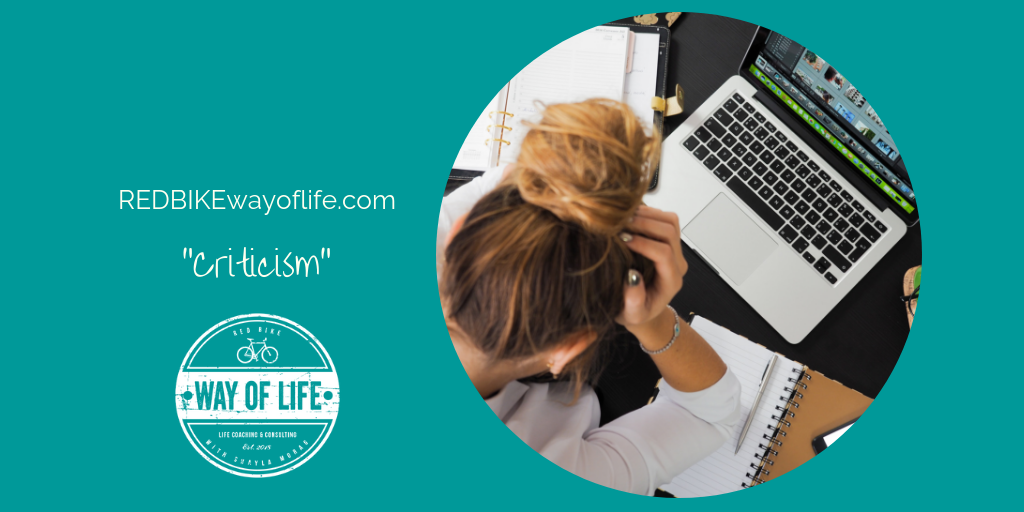
by Shayla Morag | Apr 10, 2019 | Courage, Handy Tips, Mindfulness, Self Care, Self-Talk, The Red Bike Way
Would you rather hear that you have beautiful eyes or that you’re a horrible dancer? Compliments are easy to take. Criticism isn’t quite as easy. But criticism can be invaluable to your long-term success. Criticism is nothing more than advice in disguise. You can choose to benefit from it or ignore it. However, not all criticism is accurate, well-intended, or beneficial.
Receive criticism and use it to your advantage. Check out these 9 ways to benefit:
- Change your perspective. We naturally love to hear compliments and shy away from criticism. While compliments feel good, they don’t accomplish much else. Criticism can sting, but can ultimately be extremely helpful. Learn to appreciate criticism. You might even consider seeking out criticism as a tool for learning and self-development.
- Determine if the criticism is constructive or destructive. Destructive criticism can be ignored. The other person is the issue when criticism is intended to cause harm. Constructive criticism has the potential to be helpful. Consider the source and the situation before deciding on the intention of the criticizer.
- Swallow your pride. No one enjoys hearing about their shortcomings or errors. However, criticism can be a gift. Maybe you’re learning something that would have taken years to figure out on your own. Leave your ego at the door and listen. No one is perfect.
- Take your time. There’s a tendency to responds quickly and negatively to criticism. You might have the right to be upset, but then again, you might not. Take the time to think about it before responding. If possible, sleep on it or take the weekend.
- Be compassionate with yourself. Just because you may have done something the wrong way doesn’t mean you’re less valuable as a person. Give yourself a break. Handling criticism well is one way to show yourself that you really do stand above the crowd.
- Few people can take criticism well. You’ll have a big advantage over others if you can.
- Consider the validity. When criticism comes from the right source, it’s likely to be helpful and true. Be objective and determine if there is truth to the criticism. Sometimes people are operating from false impressions. Not all criticism is valid. It’s up to you to determine if the criticism has any value.
- Incorporate the information into your life. Now you know that you can be impatient, cheap, distant, or that you’re a bad driver. Make a plan to address this issue if it’s important to you. Remember that if a trusted source was willing to bring it up, it might be important. Give it the attention it deserves.
- Determine that you’re going to do better next time. You’ll have plenty of opportunities to put your new knowledge to the test. Bide your time until that opportunity arrives. This attitude can do wonders for your self-esteem and feeling a sense of control over your life. Just keep trying to improve. There’s always tomorrow to try again.
- Be thankful. It’s not easy to give constructive criticism to a friend, employee, or family member. Be thankful that someone was willing to do that for you.
You can choose to get angry or become thoughtful when criticism comes your way. Some criticism is only intended to be hurtful and should be ignored. Constructive criticism from a trusted source can be a great learning opportunity. Consider whether the criticism is accurate and valid before applying it. Be grateful for the constructive criticism you receive. It wasn’t easy on the person providing it.

by Shayla Morag | Jul 05, 2018 | Caregiving, Handy Tips, Self Care, Self-Compassion, Self-Talk, The Red Bike Way
As a caregiver, we can sometimes feel stuck and need to look in the right place for answers. Asking yourself questions is an excellent way to find the answers you need. The right questions can be stimulating to your thought process. Ask yourself these questions and you’ll get answers that you can use.
Ask yourself the questions that matter the most:
How do I sabotage myself? We all sabotage ourselves. We talk ourselves out of things that would lead to success and happiness. We procrastinate. We compare ourselves harshly to others.
Make a list of the ways you’ve sabotaged yourself in the past. Be on the lookout for these same patterns in the future.
How can I use more of the useful knowledge and skills I already have? In today’s world, we know more than we ever have. The average person knows enough to make a million dollars, have the body of a Greek god or goddess, and marry a supermodel. Why don’t you use all the great things you already know?
Consider all the things you know about diet and exercise. Do you apply that knowledge?
How much do you know about saving and investing for the future? What can you do to brighten your financial outlook?
How much do you know about relationships? Are you taking full advantage of that information? Why not?
Imagine what your life would look like if you applied everything you already know. Most people are convinced they don’t know enough. In reality, they just don’t perform the actions that they know to be effective or avoid counterproductive actions.
Make a list of everything you do that you know you shouldn’t. Then make a list of everything you fail to do, but know that you should.
What can I control? What can I not control? We spend far too much time worrying about things that can’t be controlled. We spend too little time effectively controlling those things that are within our realm of control
Most of our childhood and early adulthood are spent trying to control the uncontrollable. Maturing is understanding what can be controlled and then figuring out the best way to control it.
What are you worrying about right now that you can’t control?
Why am I doing all of this? Most of the things we do are for others. You might think you’re going to the gym for yourself, but you might actually be going to impress others with your amazing physique.
How much are you actually doing for yourself? How many things do you do only because others are watching? Would you drive a luxury car if no one would ever know about it?
Are your goals about satisfying yourself or impressing others? Are you only trying to live up to the expectations of others?
What is most important to me? We spend too much time on frivolous activities, largely because we haven’t defined our priorities. What is most important to you?
If you could only have one career for the rest of your life, what would it be?
If you could only be with one person for the rest of your life, what characteristics would that person possess?
What are the three places you’d most like to visit?
What are the three things you’d most like to accomplish?
What are you going to make a priority in your life?
Consider the questions you ask yourself on a regular basis. In one form or another, most people are asking themselves, “How can I distract myself until…” By asking yourself more effective questions, you’ll get the answers you need to put your personal development into overdrive.



